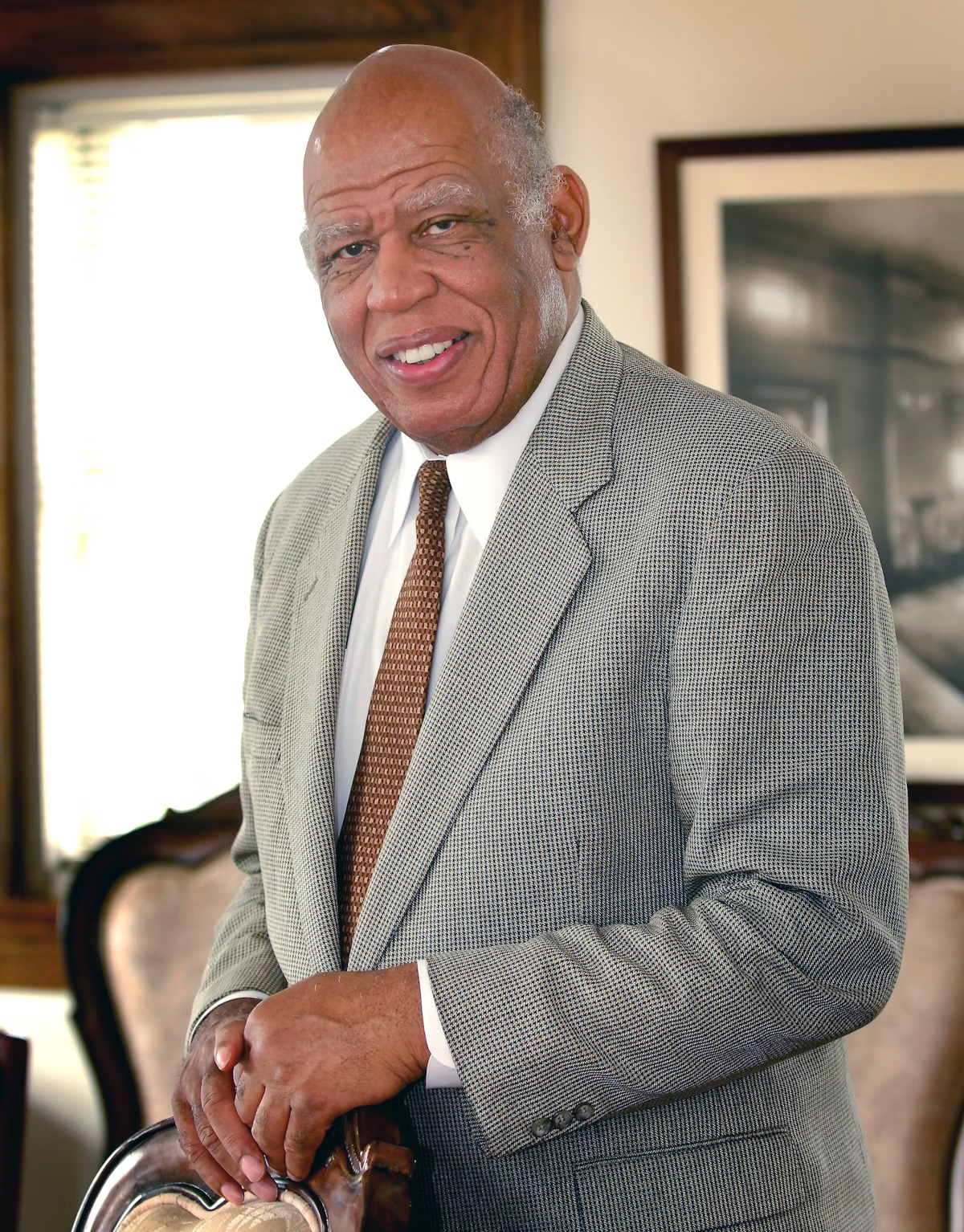
Orlando L. Taylor, Ph.D.
By: Katrina S. Rogers, Ph.D.
The first time I stepped into the offices of Diverse Issues In Higher Education, I was with Dr. Orlando Taylor. He took me there to meet his long-time colleague and co-founder of the magazine, Dr. Bill Cox. As I listened to their wide-ranging conversation, about people they knew, or had known, and projects they worked on together, I was taken by the longevity of their connection to each other. They shared a common spirit in their separate spheres: to advance people of color through mentoring and teaching.
In our long association, I traversed the field of higher education with Dr. Taylor. In one memorable instance, we stood at the entrance to the Council of Graduate Schools annual meeting, where so many people came up to greet Orlando. It was like a receiving line at a wedding, and it took hours to get into that room! Another time, I hosted an event at the President’s house in Santa Barbara, and my speech pathologist niece said to me in awe, “That’s Orlando Taylor! He wrote the foundational text in my speech courses.” Wherever we went, Orlando knew how to engage people’s hearts through his own scholarship and research, from my shy niece to the President of a powerful university. He was dignified in manner but always had a spark of good cheer and big smile.
For over 50 years, Orlando had a long and storied career. He mentored generations of students and colleagues, from being one of only three Black faculty members and the first Black tenure-track professor at Indiana University to his long-time service at Howard University. He considered it a personal goal to care for every person’s professional development. Almost everyone he ran across has a personal Orlando story. Most remark that “he made me think I could do more, that I could be more.”
Orlando was my senior advisor and served in my cabinet at Fielding Graduate University. My senior team and I have been so fortunate over these many years for his guidance, wisdom, and experience.
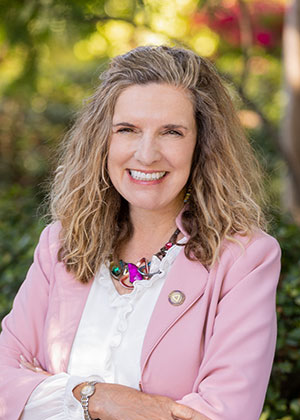
President Katrina S. Rogers, Ph.D.
When I look back, there are three powerful ideas he left with us.
We can’t do anything alone. Orlando often said this, whether it was about university partnerships, or advancing people of color in the STEM professions. He understood the power of relationships to accomplish great work. He accomplished much by spending time with others, genuinely listening, helping when he could, and being present.
Mentoring means impact. Through his commitment to personal counseling and mentoring, he demonstrated that one person can have a greater impact by teaching others so that they go on to do good work. He knew the power of mentoring as he himself had had some good teachers. He liked to tell the story of his mother going back to school and how that affected him. He was good at telling his own stories in a way that provided a space for you to reflect on your own experiences.
Honor others’ good work. Orlando had a knack for appreciating other people’s accomplishments and honoring them in the broadest way possible. On one occasion, he gave a rousing speech about the life and work of Dr. Marie Fielder, one of the leaders behind the movement to desegregate schools in San Francisco and a founder of Fielding. At other times, he would send flowers to people for their joys, sorrows, and accomplishments. He honored human beings. In a society increasingly fractured by division, he always thought about how to bring people together and acknowledge one another’s best selves.
In a more scholarly vein, Dr. Taylor’s most recent work revealed that education continues to be in a state of flux. Higher Education in a Changing World, in which Orlando co-edited with Dr. Nicole Retland and Dr. Katherine McGraw, outlines knowledge and insight to understand and adapt to the rapid pace of change in the 21st Century. This publication reiterates global challenges facing university leadership, how universities can thrive in competitive environments, the roles of HBCUs; and more within its pages.
At Fielding, we will continue his work through the Marie Fielder Center for Democracy, Leadership, and Education and Center for the Advancement of STEM leadership (CASL). The Marie Fielder Center encourages research that addresses today’s educational and social problems through transformational change, equity, education, and justice. CASL, an initiative of the Marie Fielder Center, was created in 2016 as a joint enterprise with funding from the National Science Foundation’s Historically Black Colleges and Universities’ Undergraduate Program (HBCU-UP). Today, it includes more than 30 HBCUs, focusing on Research, Education, Knowledge Translation, and Outreach.
Dr. Taylor passed away in January 2024. Many might say that there will never be another person like Orlando. My perspective is that Orlando spent his life making sure that the world had plenty of “Orlandos”—people who carry his faith that human beings can always do better, personally, for each other, and for society. The last thing he said to me two weeks before he passed was, “Carry on, I love you.” With that spirit, let’s carry on together.
This article appeared here on diverseeducation.com and is reprinted with permission.
—–
In recognition of his work and life, we are hosting Legacy of Leadership: Honoring Dr. Orlando L. Taylor’s Transformative Impact on Education on March 7 at 4-5:30 p.m. PT | 7-8:30 p.m. ET. At this event, we also hope to generate ideas and opportunities to carry Dr. Taylor’s legacy into the future through the work of the Marie Fielder Center and beyond.
Join Over 7,500 Fielding Alumni Located Around The World!
Change the world. Start with yours.™
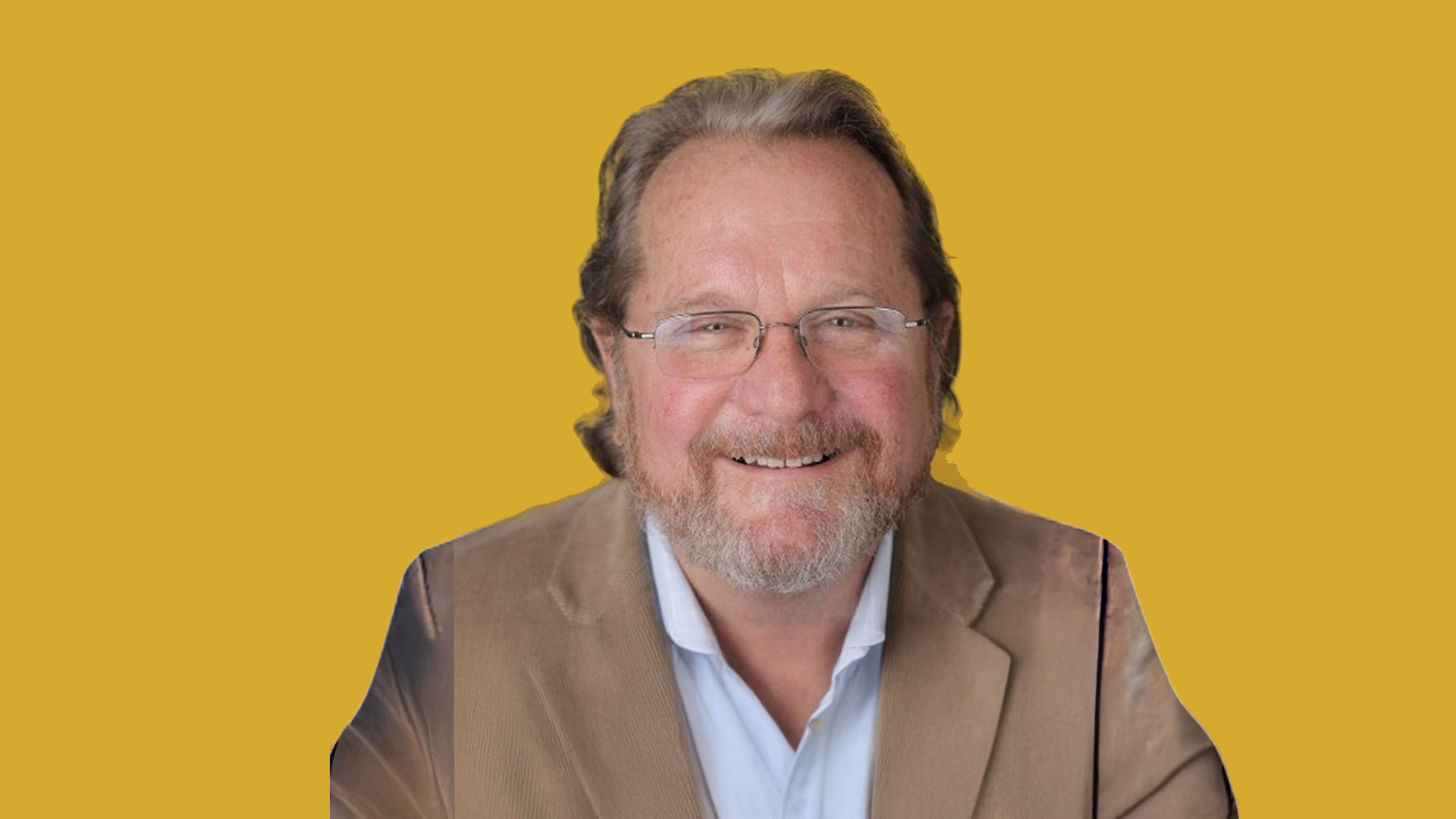
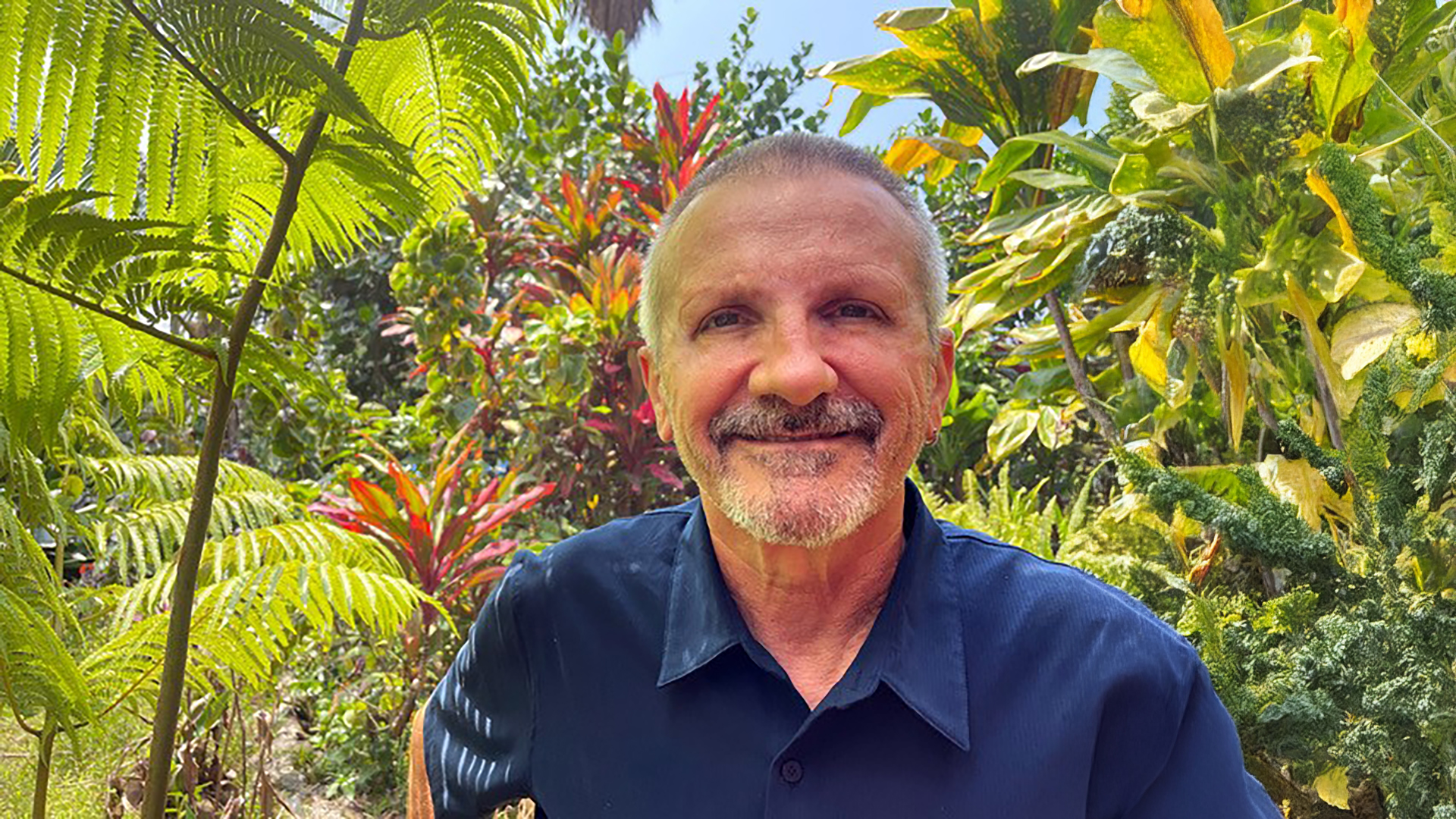
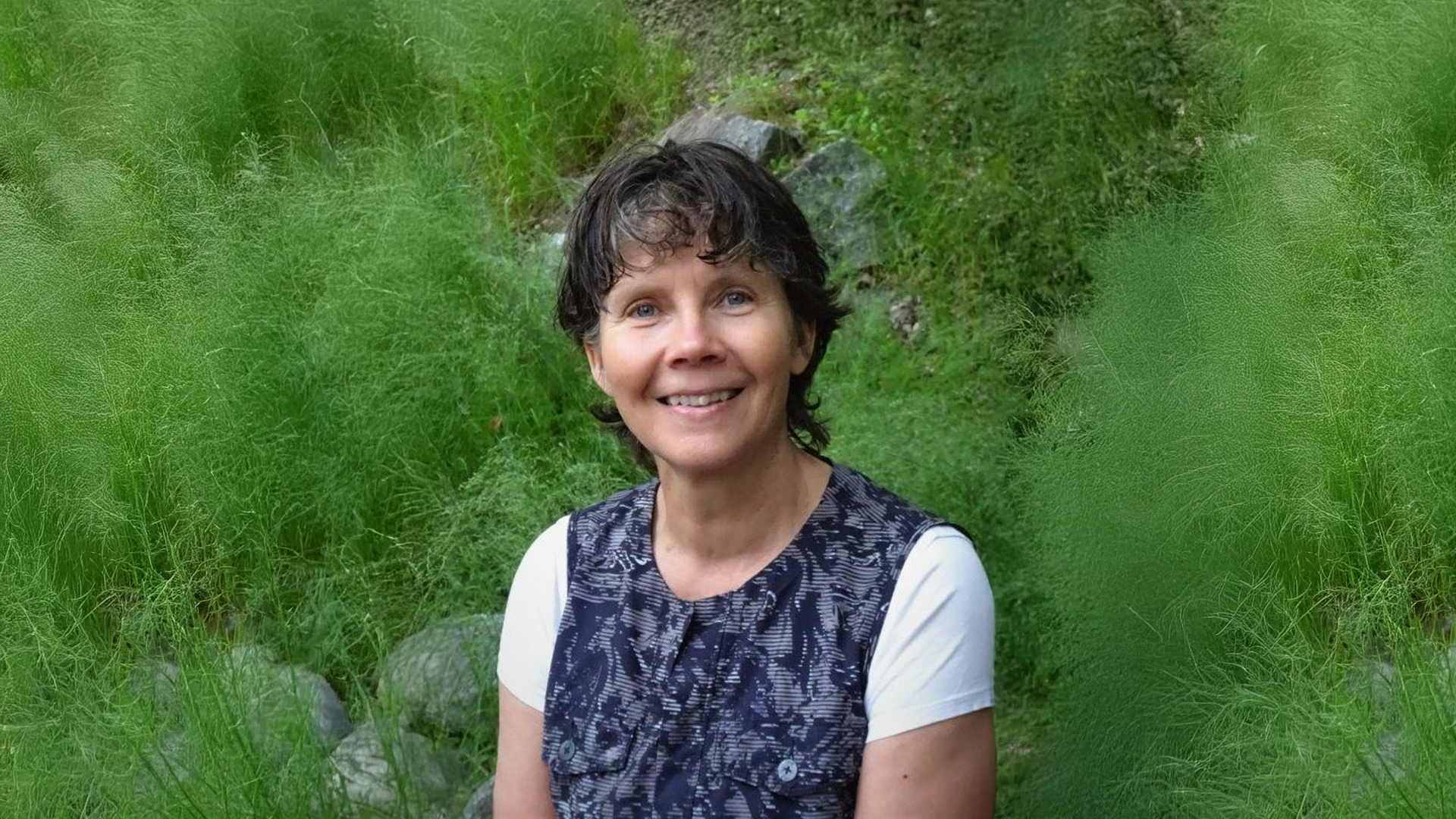



Get Social